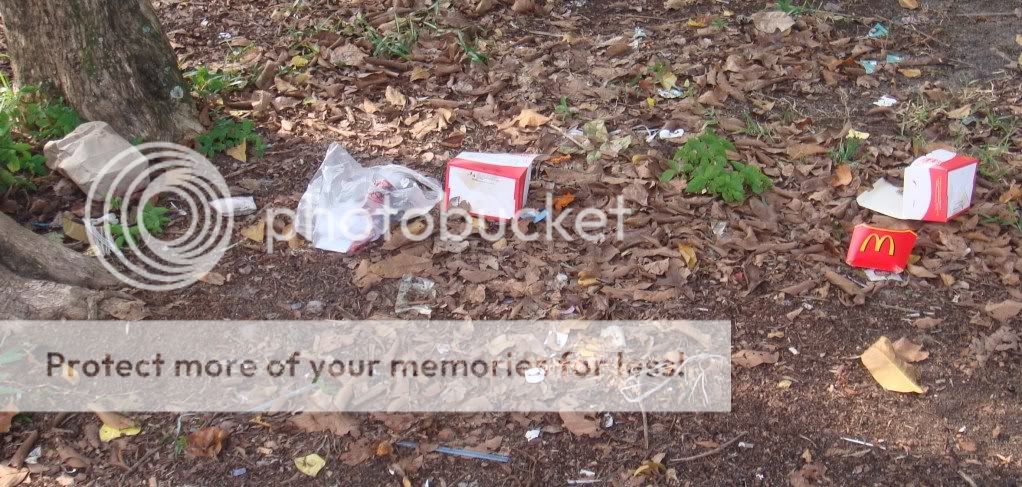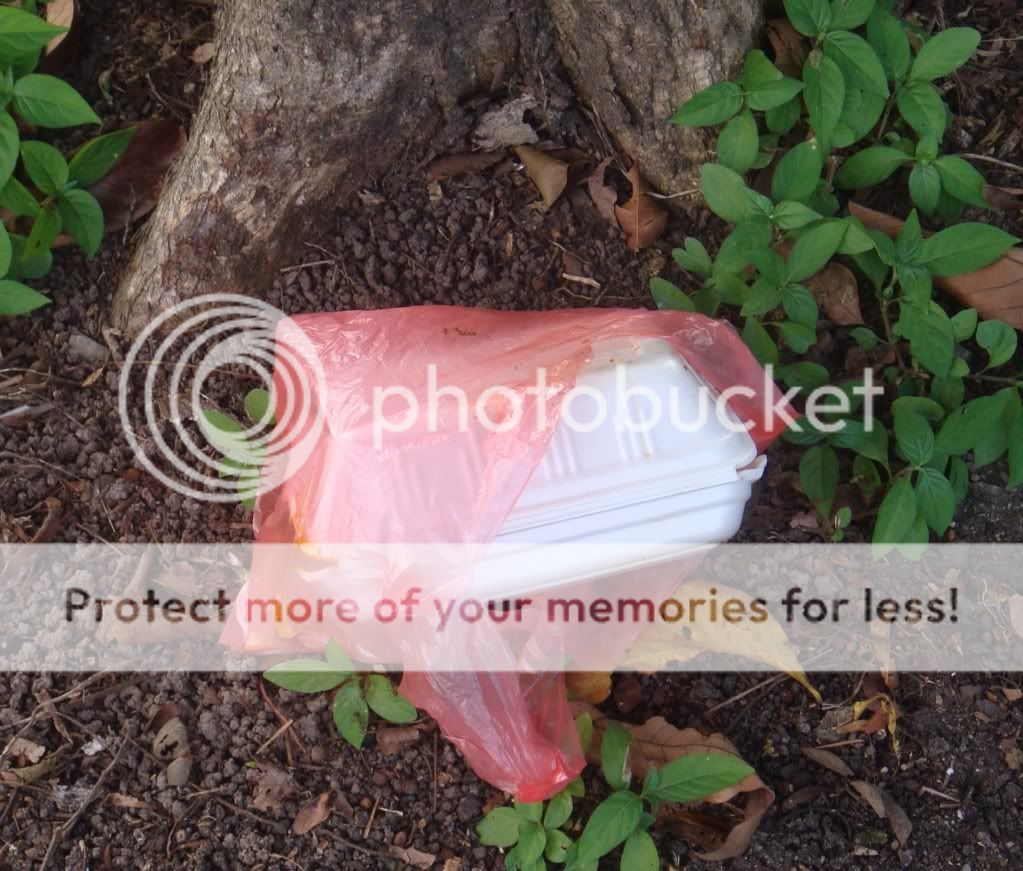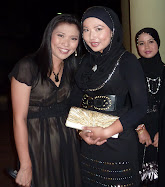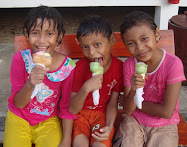 The week-long Hari Raya holiday is coming to an end this weekend. I have had time to come up with an interesting post, but lethargy set in and all I can produce is this series of cloud pictures. When I was a child, sometimes all it took to enjoy a nice summer day was to lie in the cool grass and watch the clouds. Why shouldn't it be different as an adult?
The week-long Hari Raya holiday is coming to an end this weekend. I have had time to come up with an interesting post, but lethargy set in and all I can produce is this series of cloud pictures. When I was a child, sometimes all it took to enjoy a nice summer day was to lie in the cool grass and watch the clouds. Why shouldn't it be different as an adult?(Right: Cumulonimbus building up over South China Sea)
The most dramatic clouds usually are the cumulonimbus, which are those associated with thunderstorms and heavy rain. Living with in a few hundred meters of the South China Sea, we typically get cumulonimbus clouds building up during the daytime and realise nighttime thundershowers. These clouds build up from convective cells of air in motion, and draw the moisture up from the ocean, moving inland in the late afternoon. The bases can start as low as 200 meters from the ground, reaching up to 16,000 meters in height. Often-times the tops are pushed sideways forming a distinctive anvil-shape.
in a few hundred meters of the South China Sea, we typically get cumulonimbus clouds building up during the daytime and realise nighttime thundershowers. These clouds build up from convective cells of air in motion, and draw the moisture up from the ocean, moving inland in the late afternoon. The bases can start as low as 200 meters from the ground, reaching up to 16,000 meters in height. Often-times the tops are pushed sideways forming a distinctive anvil-shape.
Another type of cloud that appears on quite hot and still days are the cirrus clouds, which tend to form at higher altitudes (>8,000 metres) than the bases of cumulonimbus, where there is less moisture, thus, making them thin and wispy.
metres) than the bases of cumulonimbus, where there is less moisture, thus, making them thin and wispy.
 in a few hundred meters of the South China Sea, we typically get cumulonimbus clouds building up during the daytime and realise nighttime thundershowers. These clouds build up from convective cells of air in motion, and draw the moisture up from the ocean, moving inland in the late afternoon. The bases can start as low as 200 meters from the ground, reaching up to 16,000 meters in height. Often-times the tops are pushed sideways forming a distinctive anvil-shape.
in a few hundred meters of the South China Sea, we typically get cumulonimbus clouds building up during the daytime and realise nighttime thundershowers. These clouds build up from convective cells of air in motion, and draw the moisture up from the ocean, moving inland in the late afternoon. The bases can start as low as 200 meters from the ground, reaching up to 16,000 meters in height. Often-times the tops are pushed sideways forming a distinctive anvil-shape.Another type of cloud that appears on quite hot and still days are the cirrus clouds, which tend to form at higher altitudes (>8,000
 metres) than the bases of cumulonimbus, where there is less moisture, thus, making them thin and wispy.
metres) than the bases of cumulonimbus, where there is less moisture, thus, making them thin and wispy.A famous, or not-so-famous, philosopher once said: "It seems to me that man is truly not free unless he can sometimes just sit and DO NOTHING." If watching clouds = DOING NOTHING, then I guess that I am  free.
free.
(Cirrus clouds)
 free.
free.(Cirrus clouds)




















